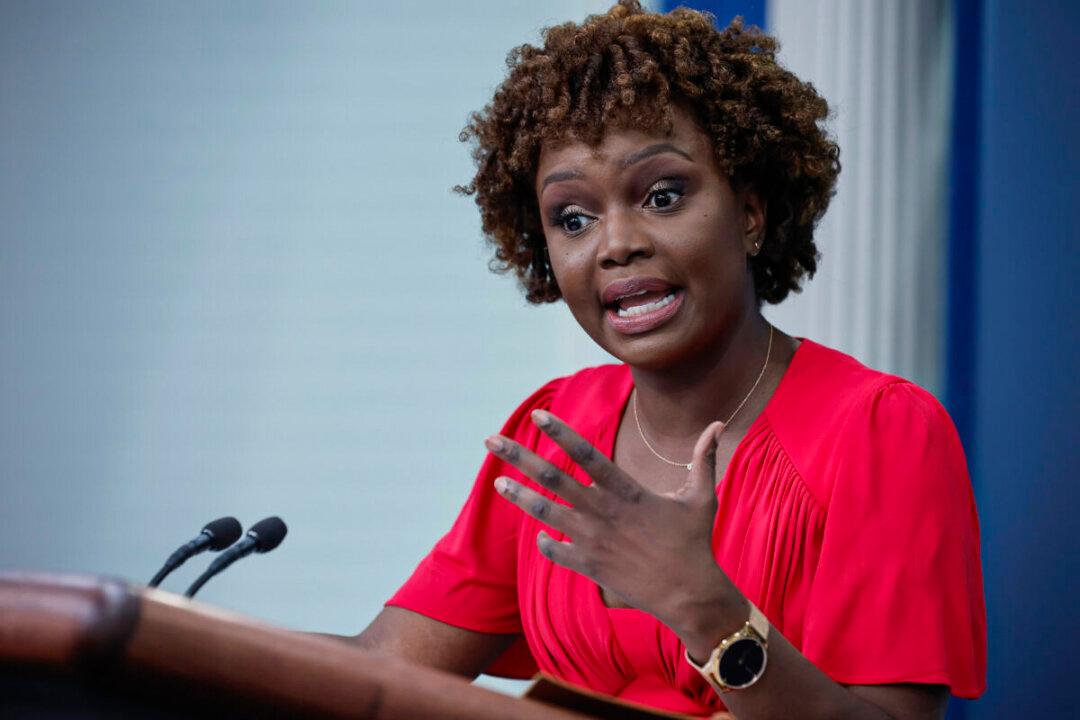The White House is doubling down on its support for vaccine mandates in the private sector even as hospitals in the state of New York prepare for staff shortages from mandates.
Monday, Sept. 27, marked the deadline for workers in New York hospitals to get fully vaccinated. But thousands in that setting still have yet to get the jab and many refuse. This prompted New York Gov. Kathy Hochul to announce on Monday her intent to sign an executive order allowing her the power to deploy the National Guard to replace health care workers. She said that providers can also allow workers licensed in other states and countries, as well as recent graduates and retired health care professionals, to work in the state as well.




